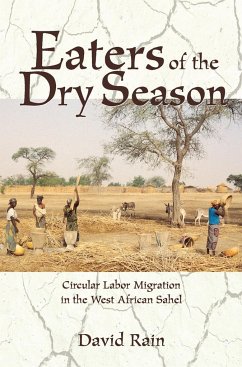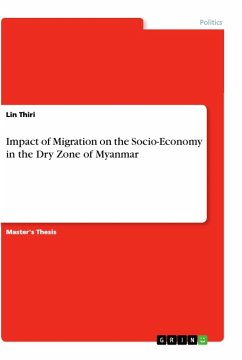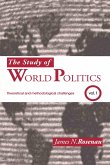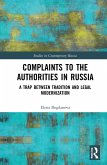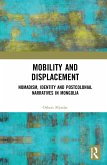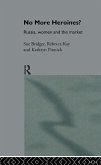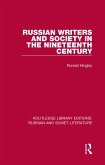The first book-length treatment of the subject, Eaters of the Dry Season explores the changing geography of seasonal mobility in the critical region of the African Sahel. Author David Rain focuses on the strategies and the stories of migrants in Maradi, a border town in southern Niger, against a contextual backdrop of demographic, ecological, and political-economic changes in the region. The author finds that instead of being desperate harbingers of future disorder, seasonal migrants are simply resourcefuland sometimes restlesspeople who realize the benefits of spreading interests and activities around. In the words of one migrant, some people just like it better going away. }In this illuminating new work on the geography of poverty, David Rain dispels the notion that relentless human mobility is a byproduct of Western technological advances like superhighways and airports. Instead, it is much older and more deeply ingrained in the human spirit. Every year after the rainy season ends in the arid West African Sahel, hundreds of thousands of men and women leave their villages to work in the informal economies of West African cities. The seasonal flux of peasants swells urban markets and neighborhoods, as it has for centuries. These migrants, called masu cin rani in Hausa, or those who eat the dry season, travel after their crops are harvested in order to conserve household food supplies and earn money which is funneled back to their villages of origin. These eaters come from all walks of life, though they are more commonly poor and living by their wits.This book focuses on the activities of the seasonal migrants, persisting as they have through colonial and postcolonial changes, and constituting an important response to uncertainty in the region. Based on a combination of survey-interviews and geographic analysis, the book regards the migrants as practical people who are simply making the best of what has been dealt to them. Contextual andpanoramic, and centered on
Hinweis: Dieser Artikel kann nur an eine deutsche Lieferadresse ausgeliefert werden.
Hinweis: Dieser Artikel kann nur an eine deutsche Lieferadresse ausgeliefert werden.

